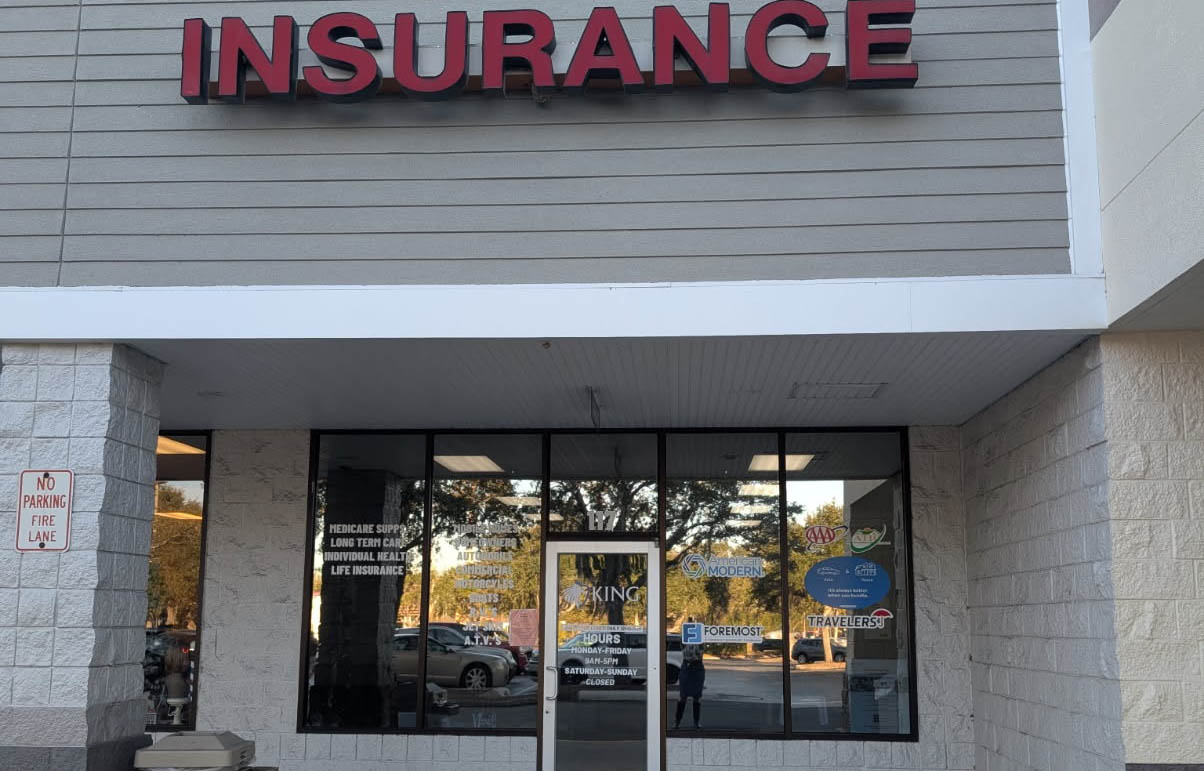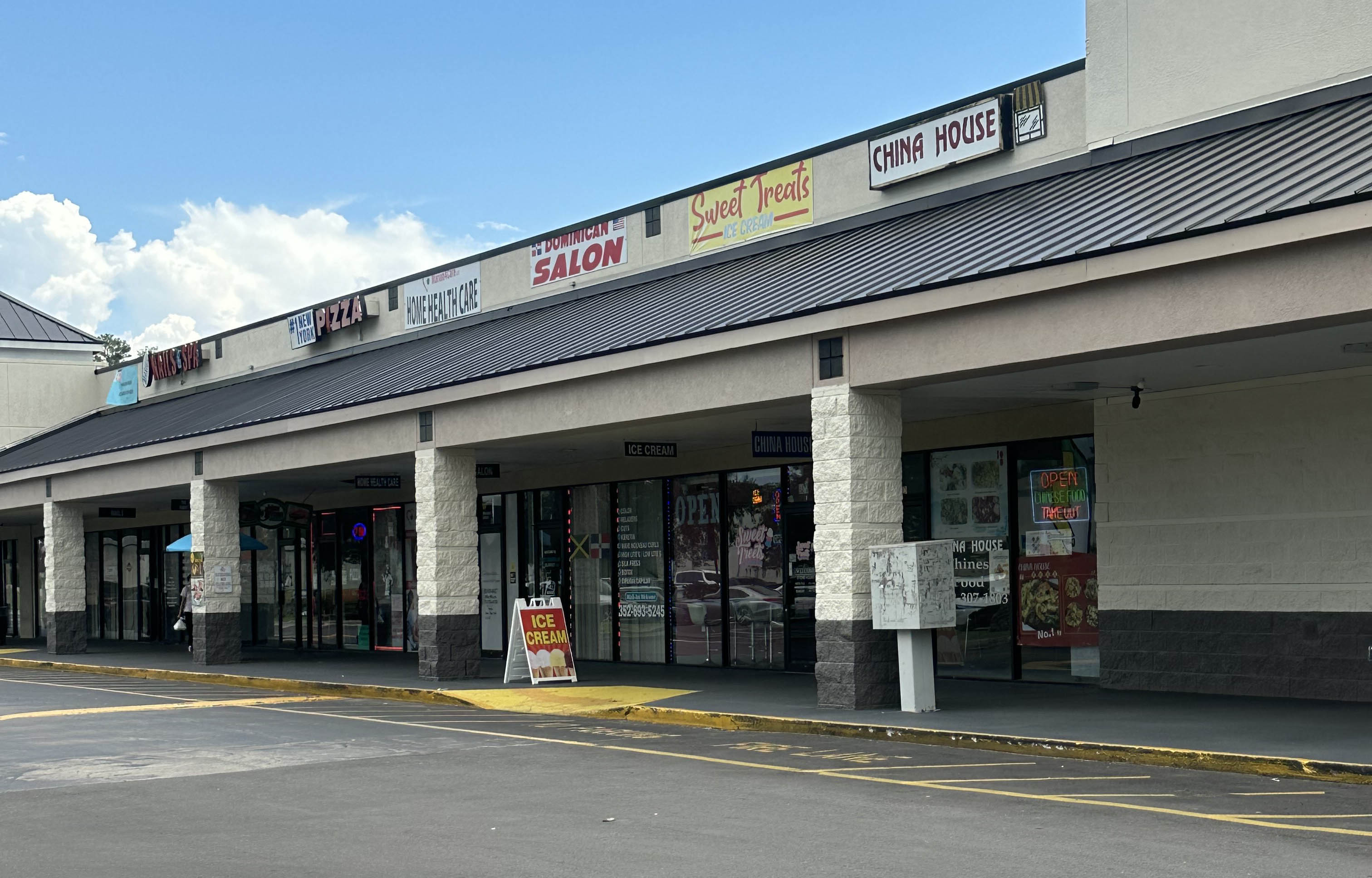June 2021 message from the president of NYSCAR - by James Walker

The NYSCAR Board of Governors met on May 25th, via Zoom. It was a productive meeting which included Committee and Chapter reports. The Strat Planning Committee chaired by Joe Rowley has been working hard over the past few months. The Board approved the committee report and will have a Strat Planning session facilitated by Adorna Carroll in the near future. Education chair Ginny Squire reported that by mid-June, NYSCAR will have offered 22 hours of continuing education credit free to all NYSCAR members! The Board members also congratulated Ginny on recently receiving her CCIM designation! RPAC chair Mike Johnson reported that NYSCAR has again exceeded their RPAC goal for the year and as legislative chair, Mike also reported on state and national legislation including 1031 exchanges.
The Annual Conference, chaired by Dana Crocker, will be held October 20-21, 2021 at Turning Stone Resort & Casino in Verona. Instructor Joe Larkin, CCIM, MCR, SIOR, SLCR (Denver, CO) will kick off the conference with two timely programs: “Blockchain, Innovation and Disruption in the Real Estate Industry” and “Lease versus Purchase: Analysis and Strategies.” We look forward to these presentations and our Annual Investment Marketing Session. Mark your calendar and watch your email for this great networking event!
Even with the constraints of social distancing, the chapters have done a great job with Zoom meetings and events and we are happy that in-person meetings and events are starting to take place on a regular basis. We all look forward to things getting back to the new normal.
Save the dates!
July 14 & 16, 2021
“Real Estate Investment Modeling using Excel” with Joseph Larkin, CCIM, MCR, SIOR, SLCR, 11:00 am – 1:00 pm each day via Zoom.
Building a proforma model is a crucial first step in every real estate investment venture. Microsoft Excel’s financial analysis capabilities can make proforma models more accurate and bring enhanced meaning to financial analyses. In this on-line workshop, attendees will learn step-by-step instructions for creating an accurate proforma for analyzing the financial performance of investment real estate. The workshop is designed specifically for real estate professionals interested in expanding their knowledge of financial concepts and Excel tools. Attendees learn Excel’s basic tools financial analysis functions and then apply them to their own investment and development models.
Attendees are expected to have a basic knowledge of Excel and a firm grasp of real estate finance concepts such as time value of money, IRR, and NPV. There is a pre-study requirement. Approved for 4 hours c.e. $195.00. Free for NYSCAR members (If you would like to attend, please email Sherry Marr ([email protected]) Seating is limited.
October 20-21, 2021
NYS Commercial Real Estate Conference
Sponsored by the NYS Commercial Association of Realtors
Upstate NY Chapter CCIM
Society of Exchange Counselors
Turning Stone Resort & Casino, Verona, NY
National Association of Realtors Economic Experts Predict Bright Path for Commercial Real Estate in 2021
WASHINGTON, DC (May 7, 2021) The U.S. economy experienced one of the swiftest declines in history last year, followed by a quick and relatively significant recovery in the second quarter of 2020. Speakers at today’s Commercial Economic Issues and Trends Forum, held as part of the 2021 Realtors Legislative Meetings & Trade Expo(link is external), discussed these historic shifts in the nation’s economy over the past 12 months while projecting a favorable outlook for the commercial real estate market in the coming year.
Lawrence Yun, chief economist at the National Association of Realtors, predicted that considerable capital will be pumped into the economy in 2021’s second quarter, with consumers eager to tap into a year’s worth of savings and unspent stimulus funds.
“Economic expansion and the jobs recovery will lead to rises in occupancy across all commercial real estate property types,” Yun said. “However, overall consumer price inflation is expected to increase 3% by the end of 2021 and likely will stay stubbornly high through next year, which will increase interest rates to 3.5%.”
Hotels, restaurants, theaters and other entities across the entertainment and hospitality industries are expected to benefit from this pent-up demand as many cites have already eased or altogether ended pandemic-induced restrictions.
While housing helped prop up the economy over the last year, apartments and rental markets have stumbled in the midst of the pandemic. Yun, however, expects them to regain footing as the broader national economy—particularly in urban areas—continues to recover.
“The apartment sector underwent sudden swings in occupancy—down abruptly in the early months of the pandemic and then sharply rebounding in recent months—but we expect vacancy to drop and rents to rise,” Yun said.
Office rents have also declined over the past four quarters, and it is unclear if new leasing of office spaces will take place, even as more workers return to their offices. Office vacancies are forecasted to remain elevated at 16.5% in 2022, while retail vacancies are projected to settle at 11.5%, according to NAR.
“The industrial sector has been the star throughout the pandemic,” Yun said. “There’s been great demand for industrial space, and reconversion of some disused properties like older shopping malls can help meet this demand.”
On the whole, the pandemic is leading to sweeping changes in the commercial real estate sector, including modifications to vacant hotels/motels. NAR recently released “Case Studies on Repurposing Vacant Hotels/Motels into Multifamily Housing,” a report that demonstrates the feasibility of such conversions. Often, these adaptations require public funding, such as the Low-Income Housing Tax Credit, the Historic Tax Credit or tax abatement.
John Worth, executive vice president for research and investor outreach at Nareit, spoke at today’s forum and provided a positive forecast for the future of commercial real estate.
“Work from home is the most important question facing the future of commercial real estate coming out of COVID-19,” he said.
Worth noted that commercial valuations are recovering, but that those improvements are occurring unevenly across various property types, with high returns over the COVID-19 period in REIT funds invested in digital real estate such as cell towers, data centers and logistics facilities, as well as single-family homes, self-storage and timber. He explained that share prices are being driven by the strong demand for housing, the surge in e-commerce and the rising price of lumber.
“We’re going to go through a period where companies will experiment with how they use office space, but I’m bullish about the outcome of the office space sector after a period of experimentation,” Worth said.
Both Yun and Worth agree that office vacancy rates will remain elevated compared to pre-pandemic levels as hybrid work models become the norm in America.
James Walker, CCIM, is the current president of NYSCAR, Albany, N.Y.
Delisle and Monahan of Island Associates lease 45,000 s/f to Giunta’s Meat Farms at Strathmore Commons


Strategic pause - by Shallini Mehra and Chirag Doshi

AI comes to public relations, but be cautious, experts say - by Harry Zlokower

Lasting effects of eminent domain on commercial development - by Sebastian Jablonski









.jpg)

.gif)